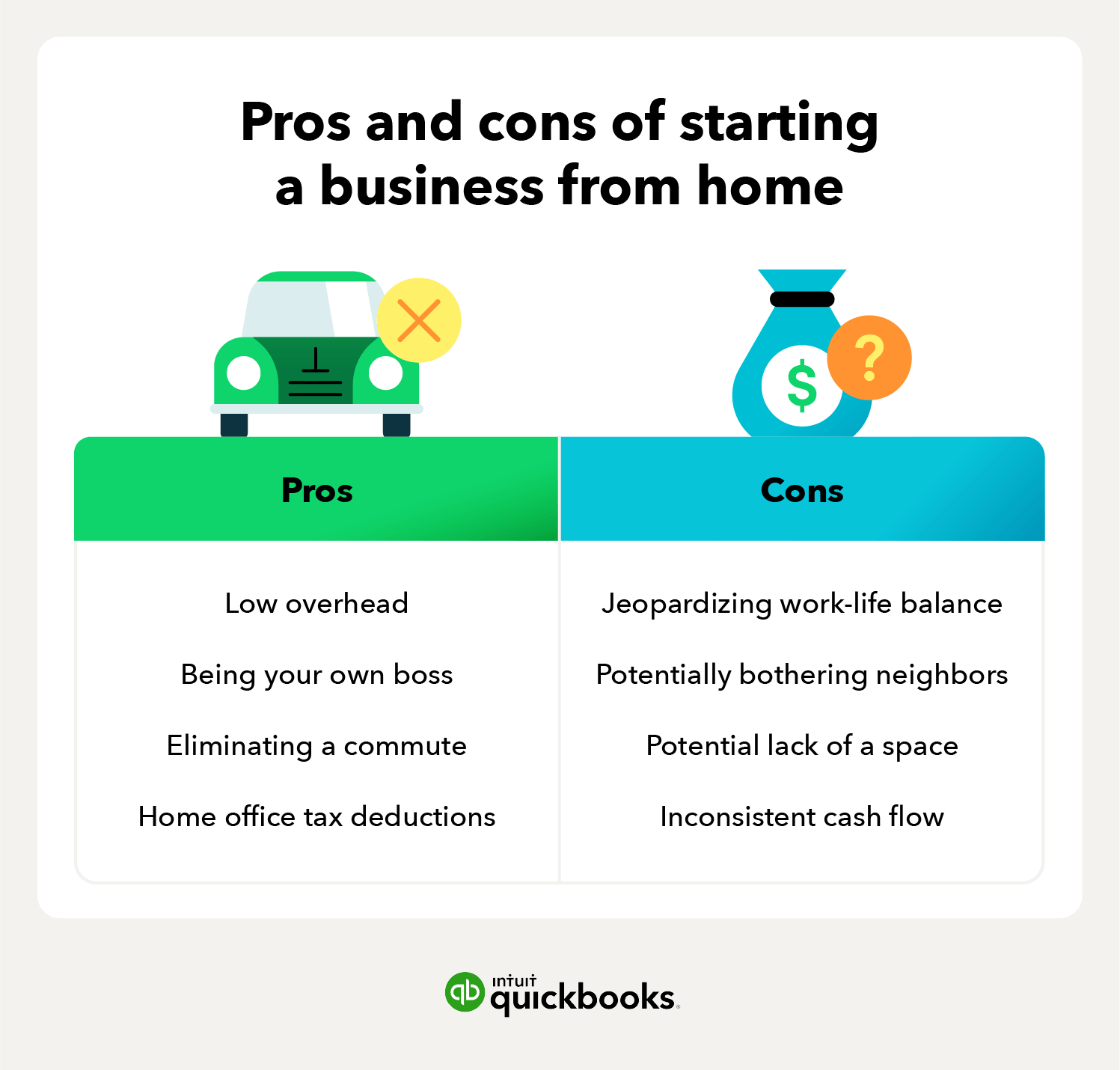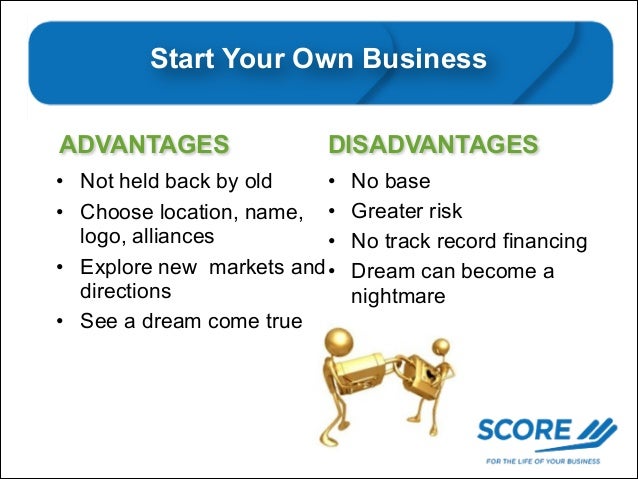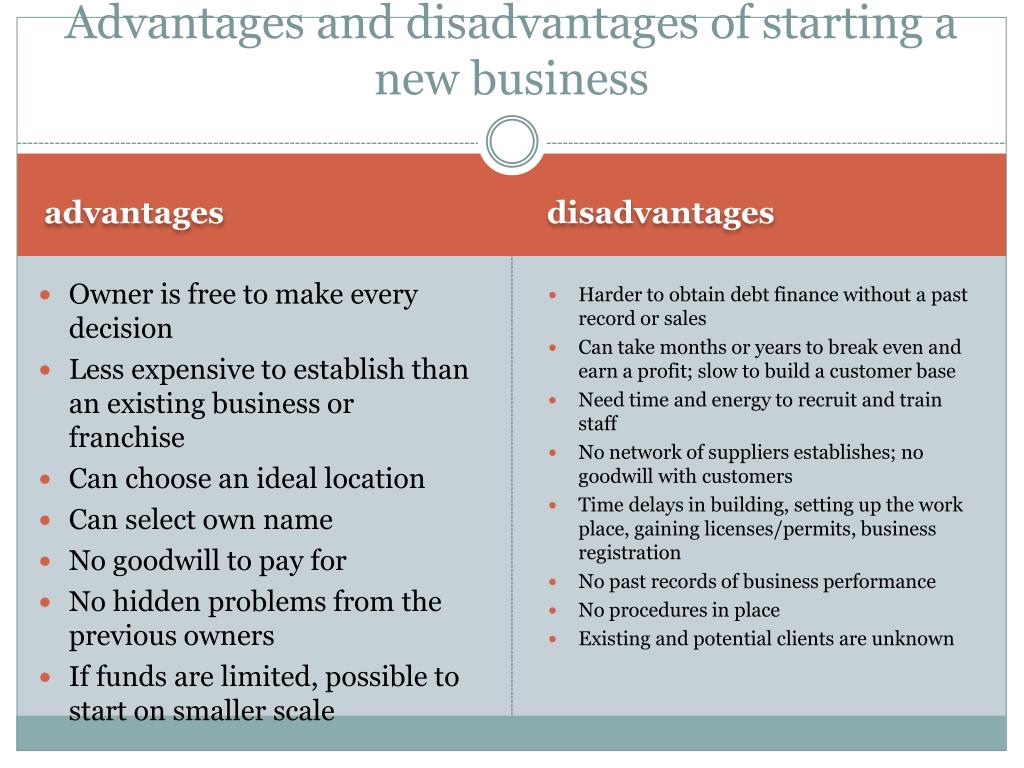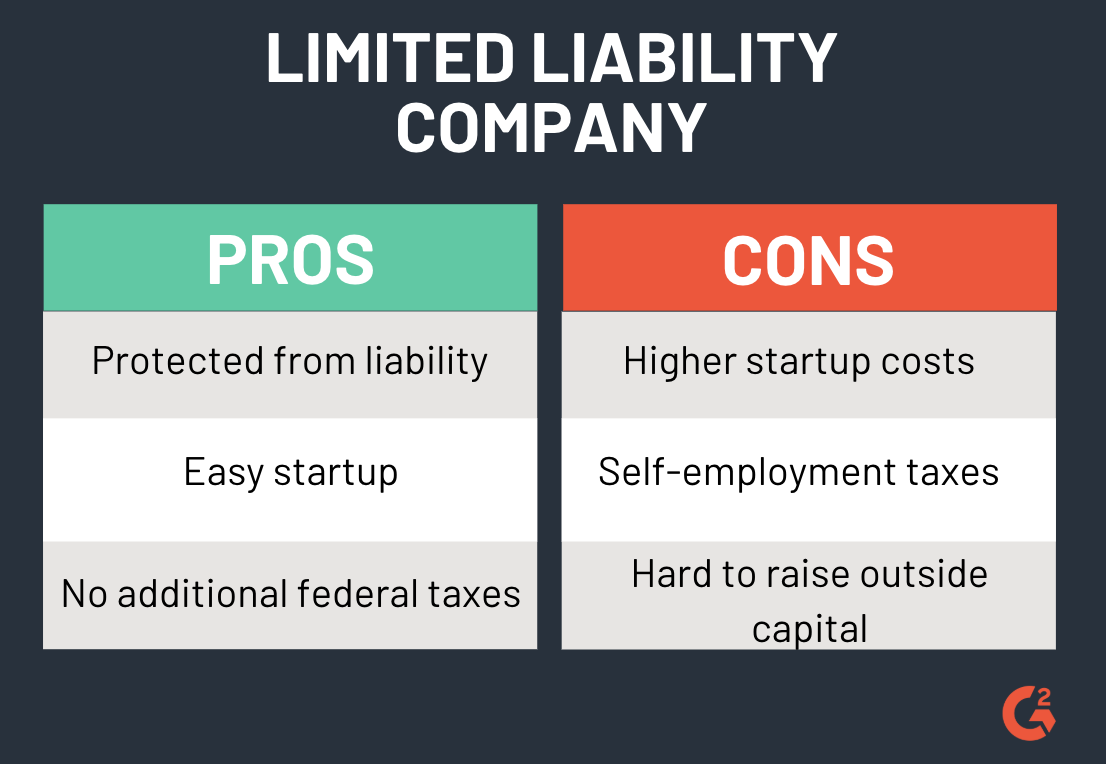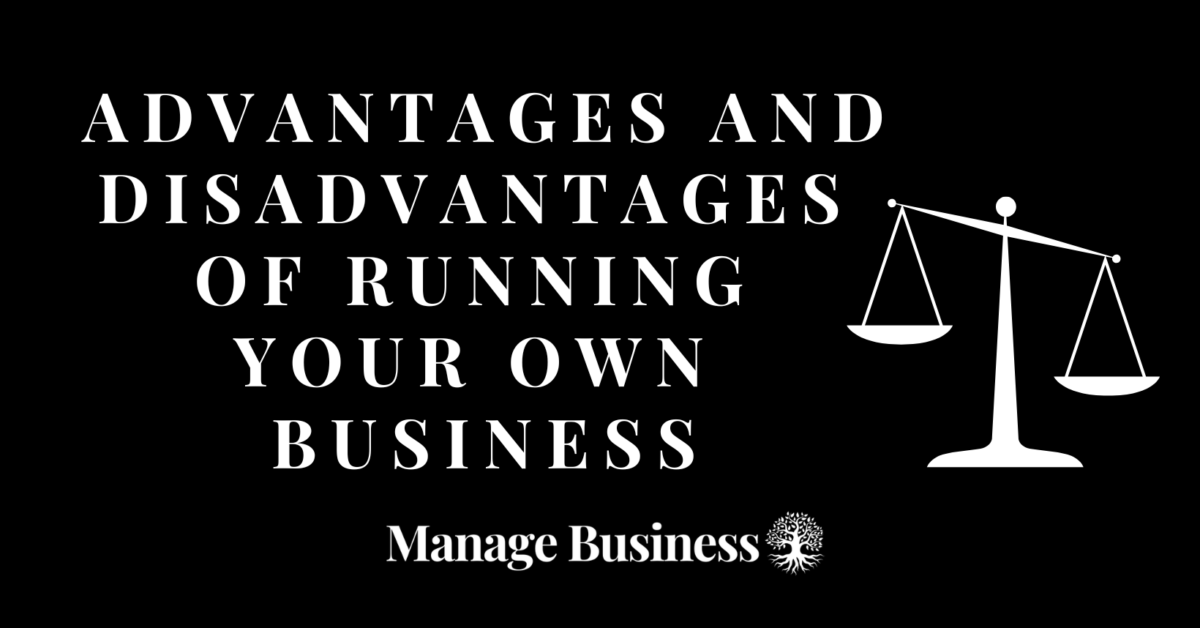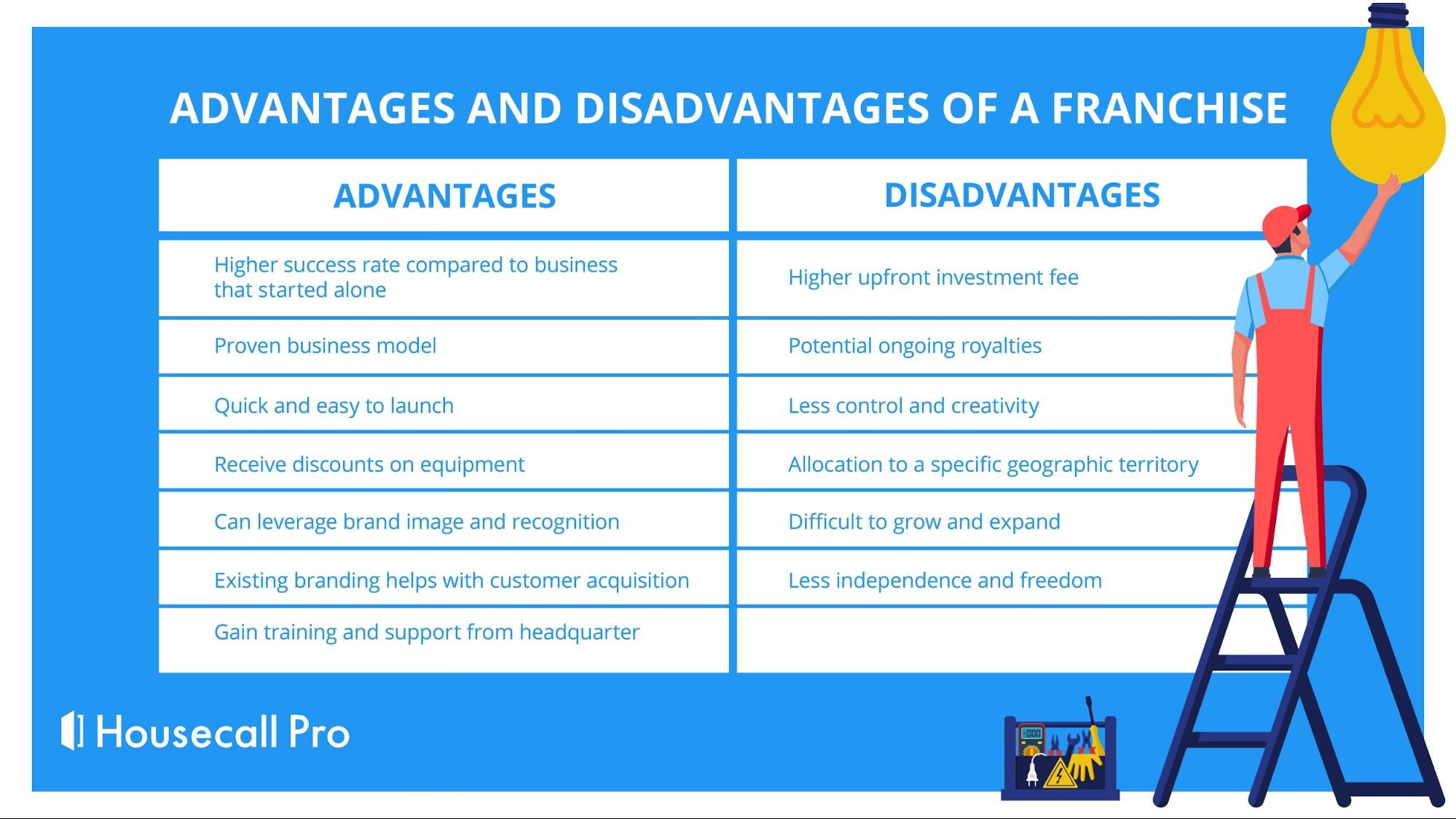Pros And Cons Of Having Your Own Business

The allure of being your own boss, setting your own hours, and reaping the rewards of your hard work is a powerful siren song for many. But the reality of entrepreneurship is far more complex than the romanticized ideal often portrayed. Owning a business can be intensely rewarding, yet it also demands significant sacrifices and carries substantial risks.
This article explores the multifaceted nature of business ownership, weighing the enticing advantages against the considerable challenges. We delve into the tangible and intangible benefits, the potential pitfalls, and the often-overlooked realities that separate aspiration from achievement in the world of entrepreneurship. Understanding these nuances is crucial for anyone contemplating taking the entrepreneurial leap.
The Alluring Advantages: Why People Start Businesses
One of the most commonly cited reasons for starting a business is autonomy. Entrepreneurs crave the freedom to make their own decisions, set their own direction, and not be bound by the constraints of a traditional corporate structure. This independence is a major draw for individuals who value self-determination.
Furthermore, owning a business provides the opportunity to pursue one's passions. Turning a hobby or a skill into a viable enterprise allows individuals to derive fulfillment from their work. This intrinsic motivation can be a powerful driver of success.
The potential for financial reward is another significant incentive. While there's no guarantee of wealth, business owners have the opportunity to earn significantly more than they might as employees. The sky's the limit, dependent only on the success and scalability of the business.
Entrepreneurs also have the ability to create something lasting. Building a successful business can leave a legacy, providing jobs, serving customers, and contributing to the economy. This sense of accomplishment is deeply satisfying for many business owners.
The Harsh Realities: The Challenges of Entrepreneurship
Despite the potential rewards, starting and running a business is fraught with challenges. One of the biggest hurdles is the financial risk. Many small businesses fail within the first few years, often due to undercapitalization or poor financial management, according to data from the Small Business Administration (SBA).
Entrepreneurs often face long hours and intense pressure. The demands of running a business can be all-consuming, leaving little time for personal life or relaxation. This can lead to burnout and strained relationships.
Securing funding can also be a major obstacle. Banks and investors are often hesitant to lend to startups, especially those without a proven track record. Entrepreneurs may have to rely on personal savings, loans from friends and family, or venture capital, all of which come with their own risks.
Moreover, business owners are responsible for everything, from marketing and sales to operations and accounting. This requires a diverse skill set and the ability to wear many hats. Outsourcing certain tasks can help, but this adds to the financial burden.
Beyond the Balance Sheet: Intangible Factors to Consider
Beyond the tangible benefits and challenges, there are also several intangible factors that entrepreneurs must consider. One of these is the emotional toll of running a business. The stress, uncertainty, and potential for failure can take a significant toll on mental health.
Another is the need for resilience and adaptability. The business landscape is constantly evolving, and entrepreneurs must be able to adapt to changing market conditions and customer preferences. This requires a willingness to learn and a proactive approach to problem-solving.
The importance of networking and mentorship should not be underestimated. Connecting with other entrepreneurs and seeking guidance from experienced business owners can provide valuable support and insights. Organizations like SCORE offer free mentorship services to small business owners.
The Future of Entrepreneurship: Trends and Opportunities
The entrepreneurial landscape is constantly evolving, driven by technological advancements and changing consumer behavior. The rise of e-commerce, social media, and remote work has created new opportunities for entrepreneurs. However, it has also increased competition.
Sustainability and social responsibility are becoming increasingly important to consumers. Businesses that prioritize environmental and social impact are more likely to attract customers and investors. This trend presents both challenges and opportunities for entrepreneurs.
Ultimately, the decision of whether or not to start a business is a personal one. There is no right or wrong answer. It requires careful consideration of the potential rewards and risks, as well as a realistic assessment of one's skills, resources, and personal circumstances.
For those with the passion, drive, and resilience to overcome the challenges, entrepreneurship can be an incredibly rewarding path. However, it is essential to enter the arena with eyes wide open and a clear understanding of what lies ahead. Resources like the U.S. Chamber of Commerce and industry-specific associations can provide valuable guidance and support to aspiring entrepreneurs. The journey is not easy, but for those who are prepared, it can be extraordinarily fulfilling.
